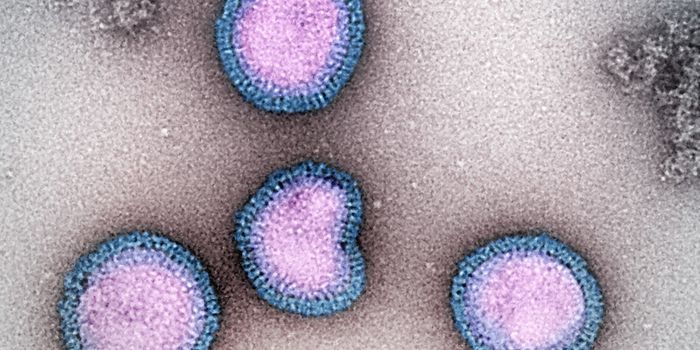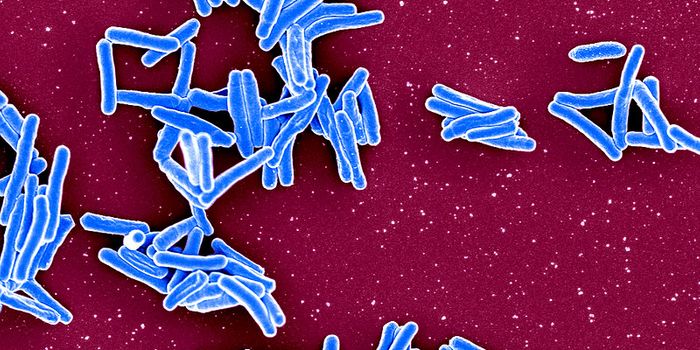Heroin Vaccine Treats Addiction and Lethal Overdose
After five years of optimizing, researchers from the Scripps Research Institute (TSRI) have come up with the best candidate for a heroin vaccine. The new drug, composed of three key ingredients, could treat the addiction to heroin and prevent lethal overdose.
"We believe that a heroin vaccine would be tremendously beneficial for people who have a heroin substance use disorder but have found difficulty in trying to quit,” explained first author Candy S. Hwang, PhD.
The vaccine is built by binding a heroin molecule to a protein recognized by the immune system. The heroin molecule does not trigger an immune reaction on its own. When the vaccine initiates an immune response, antibodies are produced that bind to heroin molecules that build up when a person is using the drug. The antibody binding prevents the drug from reaching the brain and causing a high.
In theory, without the high, drug users won’t be tempted to use the drug. The heroin vaccine also prevents lethal overdose by preventing the drug from reaching the brain. Additionally, an adjuvant is added to the vaccine to make the immune response even stronger.
In the new study, researchers assessed the ability of 20 different protein/adjuvant combinations. They were looking for the pair best able to provide shelf stability, measured based on temperature and storage time.
"Our goal was to prepare a vaccine that could be advanced to clinical trials,” Hwang explained. “As such, we were looking for the best combination of [heroin], carrier protein and adjuvant to keep the vaccine both stable for transport and storage but still efficacious."
They found that the best candidate was a combination between the carrier protein tetanus toxoid (TT) and two adjuvants, alum and CpG ODN. And in fact, alum is one of only a handful of adjuvants already approved by the FDA to be included in vaccines.
By confirming that the drug’s ingredients are effective, safe, and stable, researchers are on the brink of bringing their new heroin vaccine to human clinical trials.
Researchers report that almost 16,000 deaths from heroin overdose occurred in the United States between 2000 and 2016, and that number is only expected to rise, faster and faster.
The present study was published in the journal Molecular Pharmaceutics.
Source: The Scripps Research Institute









